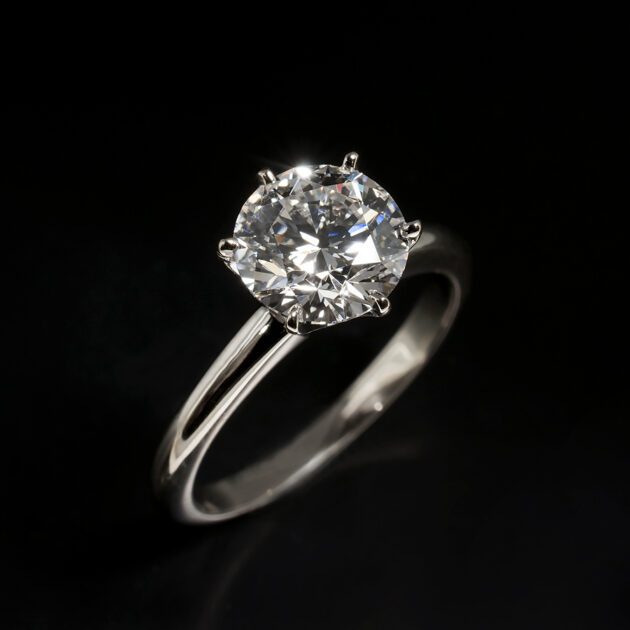Introduction: Deciphering the Gemological Certifications
Gemstones hold a unique allure, whether as symbols of love, statements of status, or investments of value. Amidst the myriad of factors influencing gemstone quality, certifications play a pivotal role in assuring authenticity and quality. In the realm of diamond and gemstone grading, two prominent names emerge: the Gemological Institute of America (GIA) and the International Gemological Institute (IGI). Understanding the nuances between GIA and IGI certifications is crucial for making informed decisions when purchasing or appraising gemstones.
1. Establishing Credibility: GIA and IGI Background
The Gemological Institute of America (GIA)
The GIA stands as a beacon of reliability and authority in gemological assessments. Founded in 1931, GIA pioneered the development of the 4Cs of diamond quality – Cut, Clarity, Color, and Carat Weight. Renowned for its rigorous standards and research-driven approach, GIA certifications are globally recognized and esteemed.
International Gemological Institute (IGI)
Established in 1975, IGI swiftly emerged as a competitor to GIA, offering gemological services and certifications worldwide. IGI prides itself on innovation and accessibility, catering to a diverse clientele ranging from industry professionals to consumers. While not as long-standing as GIA, IGI has gained traction for its efficient processes and comprehensive grading reports.
2. Grading Methodology: GIA vs. IGI Standards
GIA Grading Criteria
GIA employs stringent grading criteria, utilizing state-of-the-art technology and expert gemologists to assess diamonds and gemstones. Each aspect of the 4Cs undergoes meticulous scrutiny, ensuring accuracy and consistency in grading. GIA certificates provide detailed insights into a stone’s characteristics, empowering buyers with comprehensive information.
IGI Grading Standards
IGI adopts a similar approach to grading, focusing on the 4Cs to evaluate gemstone quality. However, some critics argue that IGI may be more lenient in certain aspects of grading compared to GIA. While IGI reports offer valuable information, some buyers prefer the thoroughness and reputation associated with GIA certifications.
3. Global Recognition and Market Impact
GIA: The Gold Standard
GIA certifications enjoy unparalleled recognition and trust in the global market. Gemstones accompanied by GIA certificates often command premium prices due to the institute’s esteemed reputation. Many high-end jewelers and auction houses exclusively deal in GIA-certified diamonds, reflecting its dominance in the industry.
IGI: Emerging Influence
IGI has made significant strides in establishing its presence in the gemological landscape. Its certifications are accepted by numerous retailers and manufacturers worldwide lab created diamonds, offering consumers a viable alternative to GIA. While IGI may not yet match GIA’s prestige, its accessibility and competitive pricing appeal to a broad spectrum of buyers.
4. Considerations for Buyers: Making an Informed Choice
Assessing Budget and Preferences
When deciding between GIA and IGI certifications, buyers should consider their budget and individual preferences. GIA-certified stones often come with a premium price tag, reflecting their superior reputation and market demand. However, IGI-certified gemstones may offer comparable quality at a more affordable price point.
Importance of Transparency and Education
Regardless of the certification chosen, transparency and education are paramount. Buyers should familiarize themselves with the nuances of diamond and gemstone grading, enabling them to discern quality and value. Additionally, verifying the authenticity of certifications and understanding grading reports can safeguard against misinformation or misrepresentation.
Conclusion: Navigating the Gemstone Certification Landscape
In conclusion, the choice between GIA vs IGI certifications ultimately boils down to individual priorities and preferences. While GIA remains the undisputed leader in gemological assessments, IGI presents a compelling alternative with its accessibility and competitive pricing. Whether seeking an investment-grade diamond or a sentimental gemstone, buyers can navigate the certification landscape with confidence armed with knowledge and discernment.

